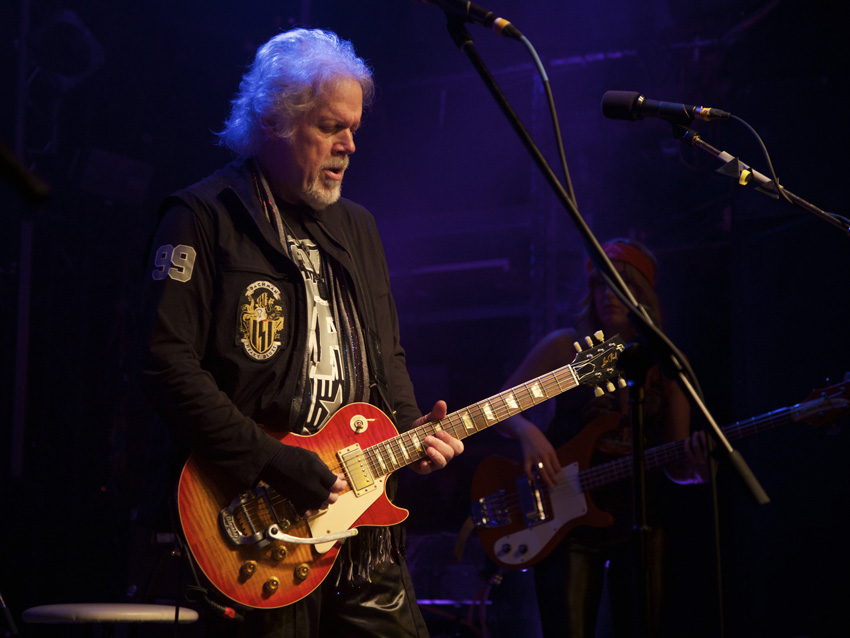
Introduction
These Eyes, Undun, Laughing, No Time, American Woman, Takin’ Care Of Business, You Ain’t Seen Nothin’ Yet – letter-perfect exemplars of the three-minute single, all of them written or co-written by Randy Bachman. As you might expect, the singer-songwriter and guitarist is a big fan of the short-form musical experience.
“I love albums, but I think there’s just as much worth in a great three-minute single.” Bachman says. “When I grew up, that’s all there was. We didn’t have albums. An artist would put out three singles and B-sides, and those would eventually be collected together and put out as a long-player. It wasn’t until the mid- and late-'60s when The Beatles and Dylan started to change the game by making real albums. But I’ve always been a big believer in the power of one song.”
While making the press rounds to promote his latest release, Heavy Blues, a knockout set of robust, hook-filled original blues-rock gems featuring guitar contributions from Neil Young, Joe Bonamassa and Peter Frampton, along with the integration of a previously recorded solo by the late Jeff Healey, Bachman sat down with MusicRadar to run down the 10 records - single songs and B-sides, as it so happened - that changed his life.
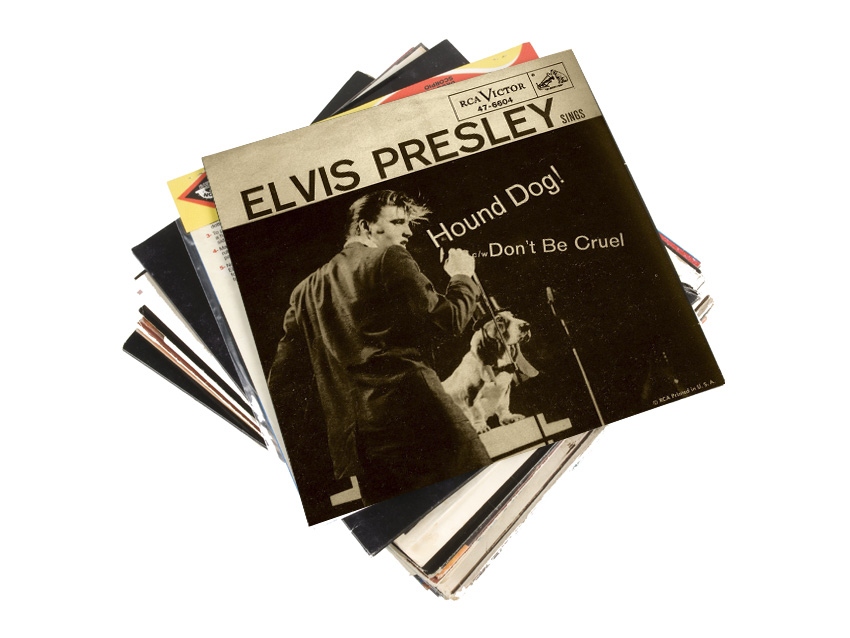
Elvis Presley - Hound Dog/Don't Be Cruel (1956)
“I played classical violin from the age of five till I was about 17. I quit violin because it was too restrictive - I wanted to play by ear. That was on a Saturday, and the next night I saw Elvis Presley on Ed Sullivan. I then took all my money - my dollar - and bought a 78 of Hound Dog and Don’t Be Cruel.
“To get those two great songs, with the amazing guitar playing by Scotty Moore, and to not have to play Chopin on the violin, that was a very big deal to me. I must have played that record a zillion times. When it broke, I went out and bought a 45 of the same songs.”
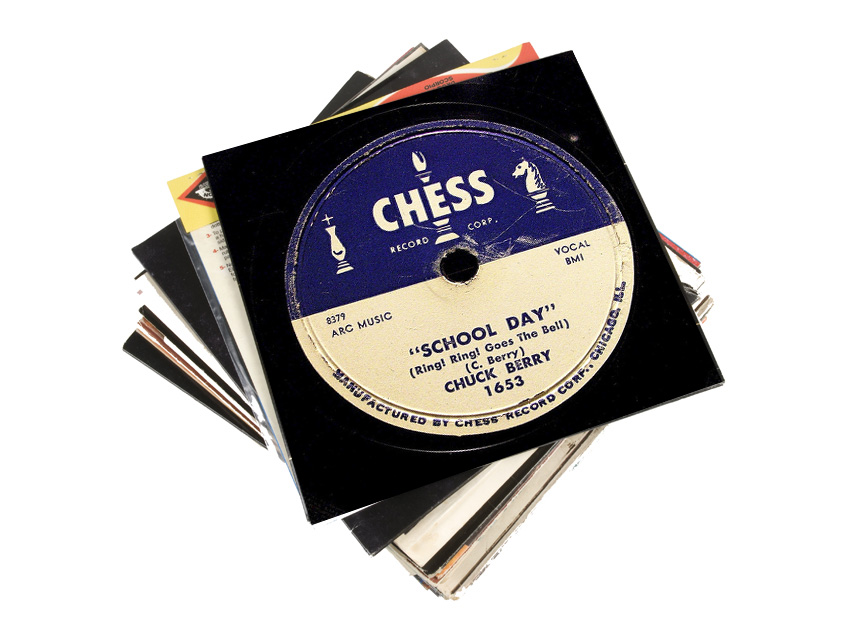
Chuck Berry - School Day (Ring! Ring! Goes The Bell)/Johnny B. Goode (1957)
“Another amazing single. After I discovered Elvis, Chuck Berry hit me in a big way. Radio was changing - it was going from Frank Sinatra and the McGuire Sisters to Jerry Lee Lewis and Elvis and Chuck Berry. The Canadian stations weren’t changing as fast as the US stations, but late at night I could get AM stations from Chicago, St. Louis and the Great Plains. That’s how I heard Chuck Berry.
“His lyrics were quite poetic, and he answered his vocals with some really cool guitar licks. He almost didn’t need a backing band - he could do it all by himself. You learned a lot of rock 'n' roll basics by listening to his stuff, things like call-and-response, phrasing, pacing. This was a very important single when I was coming up.”
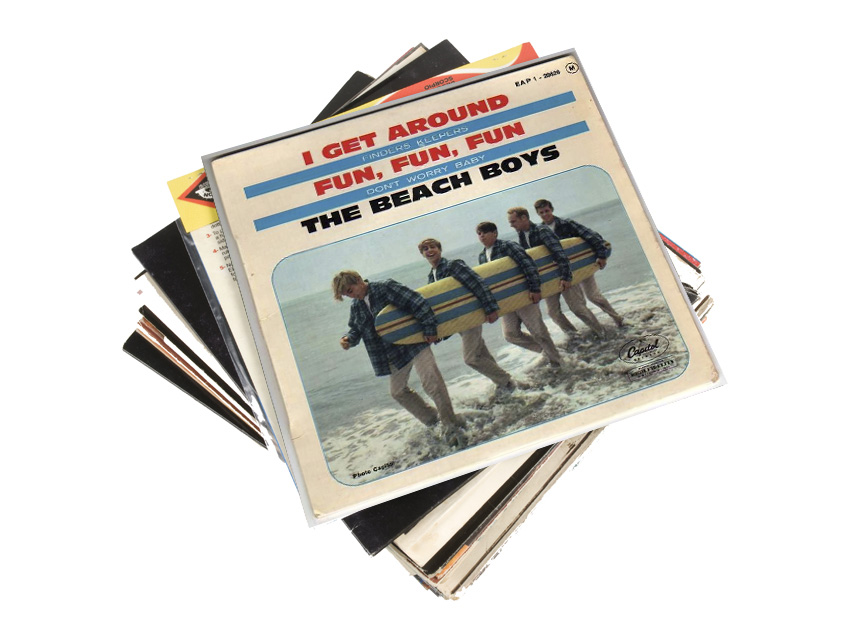
The Beach Boys - I Get Around (1964)
“How did Brian Wilson write the songs? It was like a mystery to me. And who played the guitar? Sometimes it was Glen Campbell, but other times, who knows? They had great guitar playing. I would study their records, take 'em apart, and I’d use all of those elements in my songs.
“The Beach Boys were heavily influenced by Chuck Berry early on. For me, these were white California brothers singing Chuck’s style of music. The chords weren’t three-chords basic rock 'n' roll; there’s a lot of complex stuff going on here. And, of course, the harmonies - some of the most incredible vocalising you’ll ever hear. I got a lot of important songwriting, production and guitar lessons from Brian Wilson.”
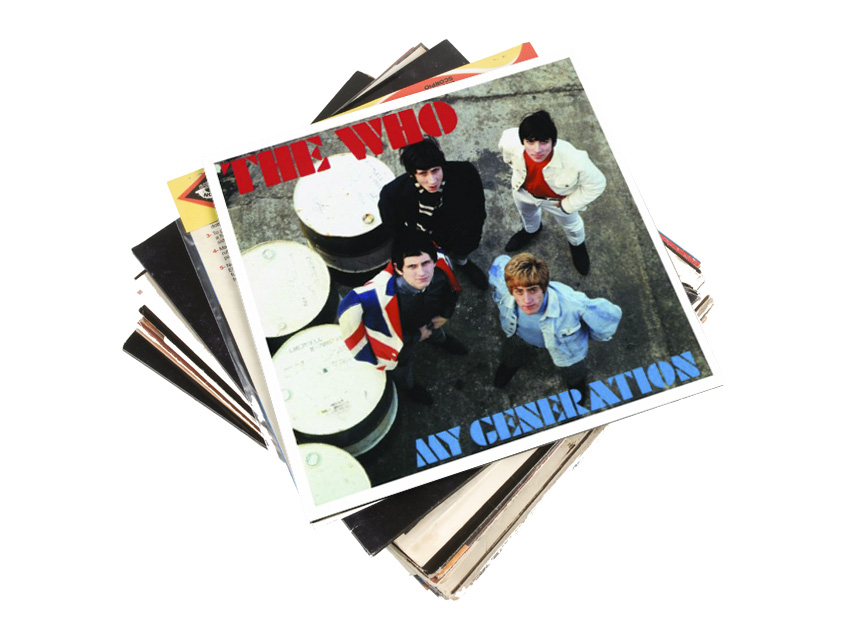
The Who - My Generation (1965)
“I went to England and heard this. The sound, the spirit - the whole thing just knocked me down. Just like they did with I Can’t Explain, The Who took three chords, cranked them up to blotto-distorto, and made immense songs. It wasn’t just lead guitar that was distorted; the power was in that dirty rhythm guitar.
“I’d never heard tubes blowing up like that. There was such energy in what some people thought were simple pop tunes. The Who took the concept of the power trio - they’re three instruments and Roger Daltrey - and made it seem like a hurricane coming at you.”
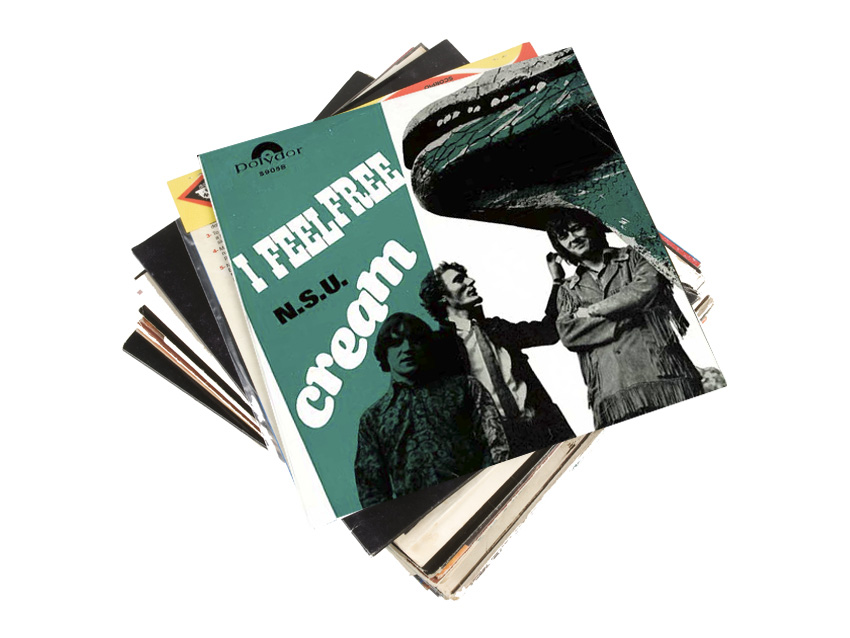
Cream - I Feel Free (1966)
“After My Generation, the next greatest power trio song I heard was I Feel Free. Eric Clapton’s solo had such a singing tone to it, and that influenced what I did on American Woman. You listen to what I’m doing, and it’s pretty much lifted from Clapton’s playing on I Feel Free.
Being a violin player first, I really responded to that soaring, sailing sound. Clapton sustained his notes so beautifully - it’s like the guitar took off and flew above the clouds. It reminded me of a cello or viola. That’s exactly what I wanted for American Woman - long, sustained notes that didn’t even sound like a guitar.”
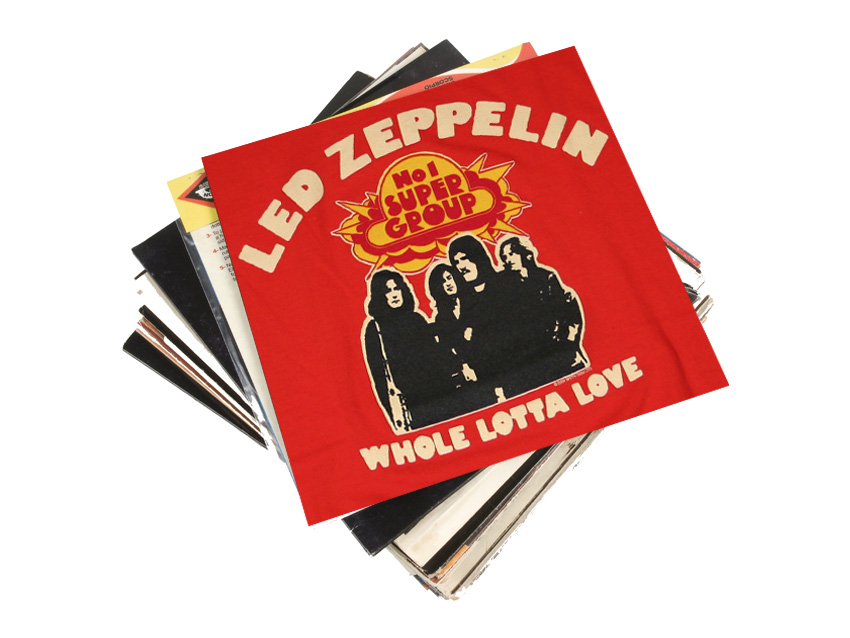
Led Zeppelin - Whole Lotta Love (1969)
“I was very lucky a while ago when somebody sent me all eight tracks of the song. When you hear Jimmy Page play it alone, it’s absolutely amazing. When he plays the second note of the main riff, the A string on the fifth fret, he also plays the open D next to it. You’ve got to hear it isolated to really understand what he’s doing, and it makes all the difference.
“I’ve always loved the song, of course. His solo in the middle is wild and unhinged - it’s perfectly sloppy, but it’s perfect in spirit for the song. So, I’ve always appreciated what Jimmy Page did on record, but hearing him all by himself on those recordings put his genius in perspective for me.”
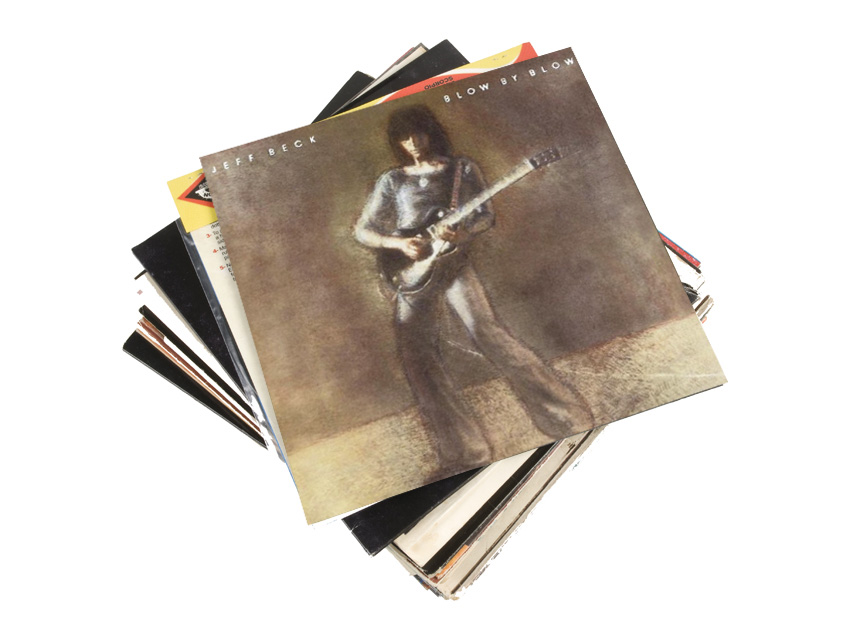
Jeff Beck - 'Cause We've Ended As Lovers (1975)
“One of the greatest guitar songs of all time. I know that George Martin produced it, and it was written by Stevie Wonder for Jeff. I’ve seen Beck play it many times - he’s usually on a Strat, but then he picks up that old Esquire for this song and makes the audience weep.
“The whole thing is stunning and so emotional. Beck has always been a huge influence on me. I could pick dozens of songs of his from so many albums, but 'Cause We’ve Ended As Lovers just hits a real bullseye with me.”
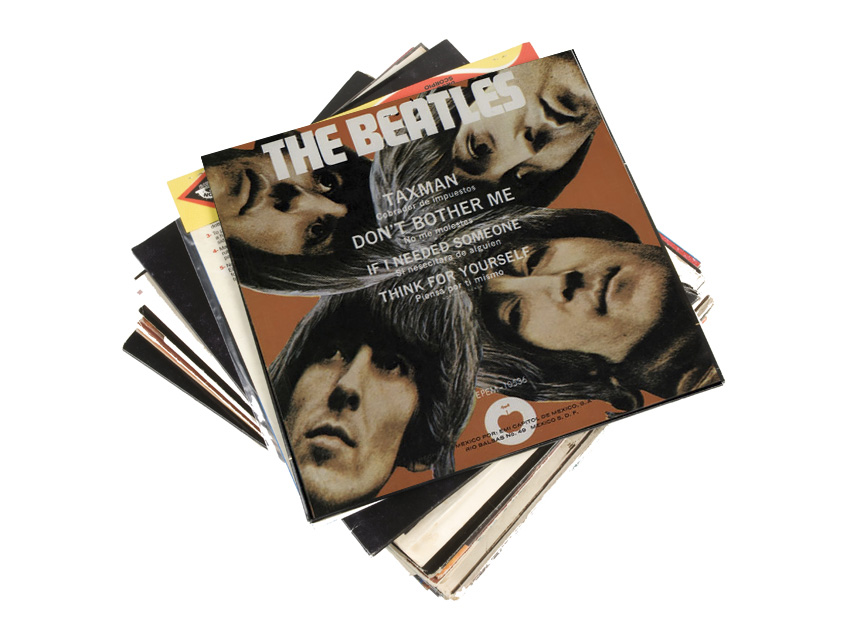
The Beatles - Taxman (1966)
“How did The Beatles sound like more than four guys? I would study their records when I was in The Guess Who and BTO. It was all in the percussion and the tambourine and the cowbell. I would use what The Beatles did in songs like Taxman, and I would pattern that approach in my music.
“I could pick so many Beatles songs - the list is endless. They always went for something different all the time, whether it was a song, a sound, a mood or the way they played their guitars. The solos by George Harrison were remarkable, but Taxman just blows me away.
"I thought it was George for the longest time, and then I found out it was Paul. He just attacks it and goes completely insane - it’s psychedelic. I think he probably gave a lot of bassists the idea that, ‘Hey, you don’t have to stick to bass if you don’t want to. Check this out.”
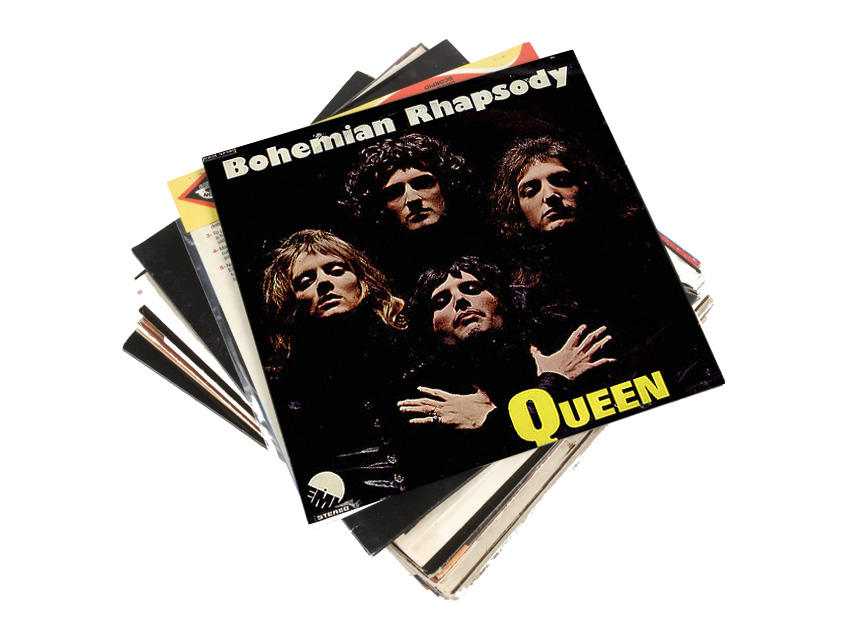
Queen - Bohemian Rhapsody (1975)
“What a brilliant saga of a song. It’s the kind of thing that never should have been a hit record - it’s so many pieces and ideas - but it was. It just might be the greatest single the world has ever known.
“When you hear something like this, you really do think, ‘Anything is possible. Nothing is too strange or too out there - look at what these guys pulled off.’ Brian May is a good friend of mine, and I’m in awe of what he does. When he plays this guitar solo live, it’s probably 10 minutes long - and every second of it is great. He plays with such class. That unique tone he gets out of that Vox AC30 is not to be believed.”
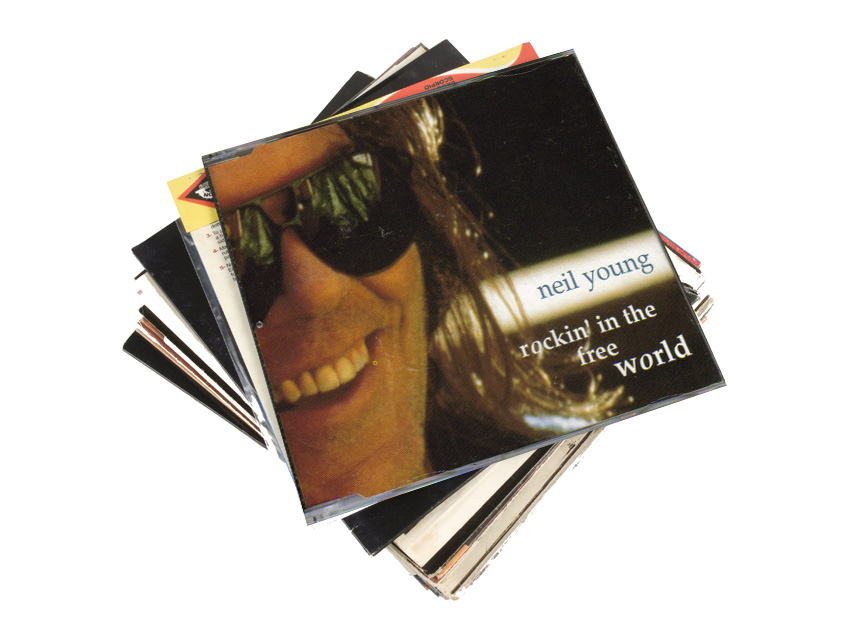
Neil Young - Rockin' In The Free World (1989)
“It’s a tie between Southern Man, which is earlier Neil Young, and Rockin’ In The Free World, the more recent Neil. It’s the same kind of vibe, though - him just going crazy on the guitar. That’s what I wanted him to do on Little Girl Lost, from my new album. You’ll never tell Neil to play the right licks in the right places - why would you ask him to do that?
“He’s a lot like Hendrix. It’s not perfect, but it’s perfect in its emotion, and that makes it perfect. Like Hendrix, Neil makes a noise or a gronk or works some feedback, but he does it because he feels it. He’s spontaneous and he’s open to his feelings. It all comes out in his sound. One note from Neil Young is worth a thousand from anybody else.”
Joe is a freelance journalist who has, over the past few decades, interviewed hundreds of guitarists for Guitar World, Guitar Player, MusicRadar and Classic Rock. He is also a former editor of Guitar World, contributing writer for Guitar Aficionado and VP of A&R for Island Records. He’s an enthusiastic guitarist, but he’s nowhere near the likes of the people he interviews. Surprisingly, his skills are more suited to the drums. If you need a drummer for your Beatles tribute band, look him up.
